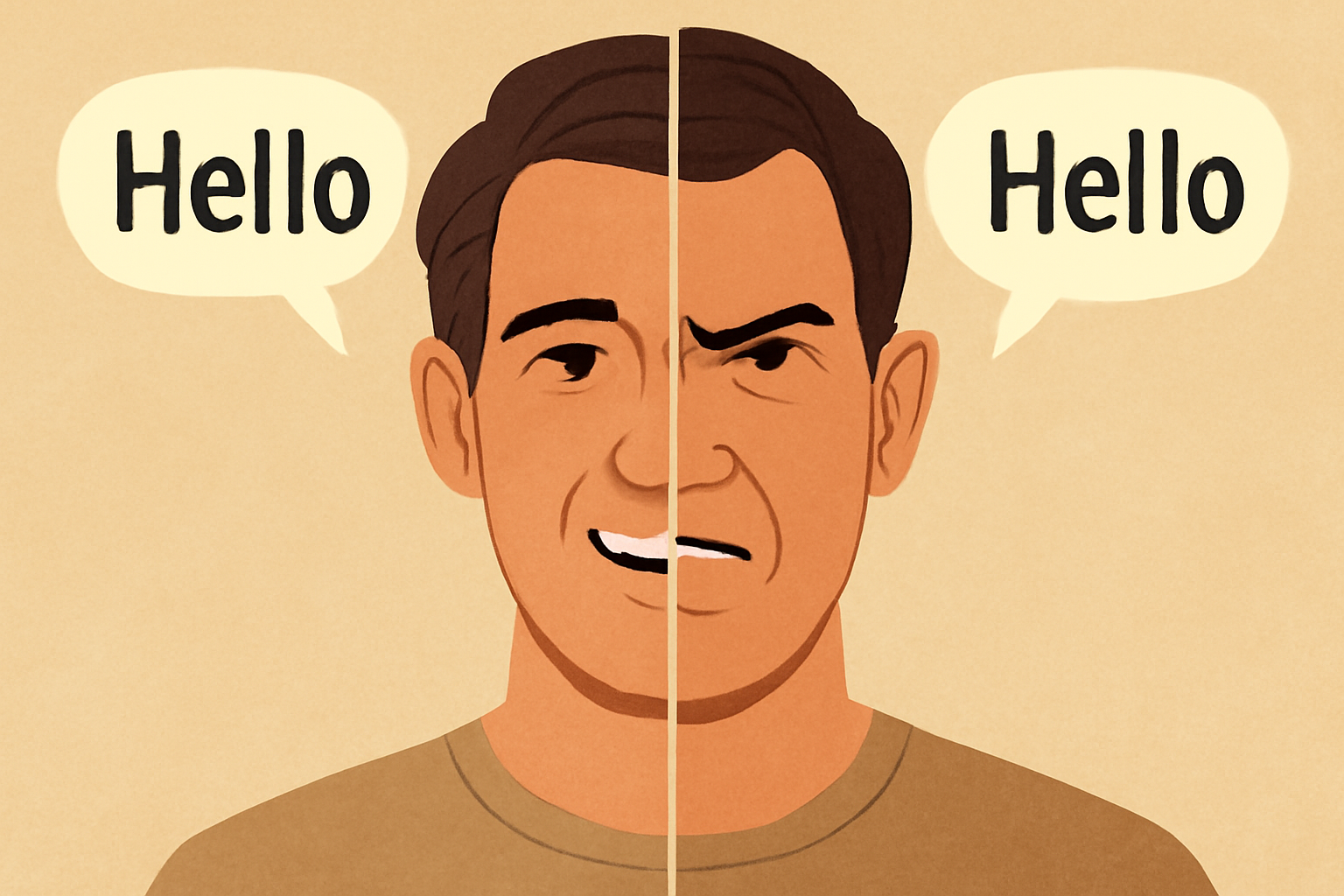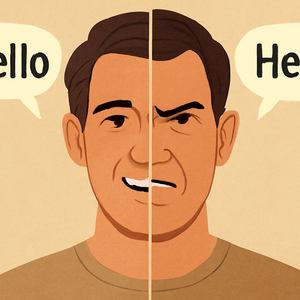The Human Side of Data Privacy

Data privacy jobs are on the rise. Driven by new regulations like the General Data Protection Regulation (GDPR) and California Consumer Privacy Act (CCPA), as well as mounting concerns over data breaches, companies are hiring Data Protection Officers, privacy analysts, and compliance managers at unprecedented rates. But the expectations for these roles are also changing. Where privacy professionals were once valued primarily for their technical expertise and legal acumen, they are now expected to serve as educators, crisis managers, and cultural ambassadors. This evolution is fueled by the reality that privacy is not just about compliance, but about trust—something that cannot be achieved through technology or policy alone.
Why Communication and Empathy Matter
Soft skills such as communication and empathy are becoming increasingly important for privacy professionals. These skills are crucial in three main areas: training and awareness, incident management and breach response, and building a culture of trust.
Training and Awareness
One of the primary responsibilities of privacy professionals is to educate employees about best practices in data handling. Complex privacy regulations can be intimidating and easy to misunderstand for those without a technical or legal background. Professionals with strong communication skills can demystify jargon, translating regulations into practical and relatable guidance. For instance, rather than circulating a dense memo filled with technical terms about password policies, an empathetic privacy officer might conduct an interactive workshop. By listening to employees’ concerns and addressing common frustrations—like password fatigue—they make privacy education both accessible and memorable. This approach not only improves compliance but also empowers staff to take ownership of privacy practices in their daily work.
Incident Management and Breach Response
When a data breach occurs, organizations face not only regulatory scrutiny but also potential damage to their reputation and loss of customer trust. A privacy professional’s ability to communicate clearly and empathetically during such crises is critical. Consider two scenarios: In the first, a company issues a generic public apology after a breach. In the second, the privacy team reaches out proactively to affected individuals, explaining the incident in plain language, acknowledging their concerns, and offering personal support and resources. The second approach not only humanizes the organization but also reassures stakeholders that their interests are a priority, helping to rebuild trust and mitigate long-term reputational harm.
Building a Culture of Trust
Embedding privacy into organizational culture requires more than just policies and procedures. It demands buy-in from employees at every level. Privacy professionals must foster open dialogue, encourage feedback, and act as role models for responsible data stewardship. Some organizations have implemented “privacy champion” programs, where employees from various departments serve as liaisons to the privacy office. These champions rely on both empathy and communication to bridge gaps, ensuring privacy considerations are integrated into everyday processes and decisions. This collaborative, human-centered approach turns privacy from a compliance obligation into a shared value.
Supporting Evidence: The Shift in Hiring Priorities
Industry research supports the growing importance of soft skills in privacy roles. According to the International Association of Privacy Professionals (IAPP), organizations are increasingly prioritizing candidates with communication, problem-solving, and emotional intelligence skills. Privacy leaders emphasize that these qualities are essential not only for employee training but also for engaging effectively with regulators, customers, and the broader public. The trend is reflected in hiring patterns: with data privacy jobs in high demand, candidates who can combine technical or legal expertise with strong interpersonal skills are especially sought after. This evolution demonstrates that privacy is no longer just about compliance—it’s about connection.
At its core, data privacy is deeply personal. The information at stake often represents the most sensitive aspects of our lives—health records, financial histories, private communications. Protecting this data is not just a technical or legal responsibility, but a moral one rooted in respect for individuals. By prioritizing communication and empathy, privacy professionals can bridge the gap between policy and practice. They help organizations navigate the complexities of data protection with both confidence and compassion, strengthening not only information security but the bonds of trust that underpin the digital economy. As expectations for privacy roles continue to evolve, the human side of data privacy will remain a key driver of organizational success and stakeholder trust in the years to come.
Privacy Program Manager
global tech firms (e.g., Google, Salesforce), health systems, and financial institutions
Core Responsibilities
Oversees the design and implementation of organization-wide privacy policies, ensuring alignment with global regulations like GDPR and CCPA.
Key Skills
Adept cross-functional communication
Ability to translate complex legal requirements into actionable business processes
Lead privacy awareness initiatives for non-technical staff
Unique Qualifications
Demonstrated experience building privacy-by-design frameworks
Leading privacy training sessions is highly valued
Data Protection Officer (DPO)
large enterprises, multinational corporations, and SaaS providers operating in the EU or handling sensitive data
Core Responsibilities
Serves as the primary point of contact between the organization, data subjects, and regulators
Responsible for monitoring compliance and responding to data subject requests
Key Skills
Deep knowledge of privacy regulations
Exceptional interpersonal skills to manage sensitive conversations with stakeholders, regulators, and the public during incidents
Unique Qualifications
Certification such as CIPP/E or CIPM is often preferred
Experience facilitating privacy impact assessments (PIAs)
Privacy Incident Response Lead
major cloud service providers, healthcare networks, and e-commerce platforms
Core Responsibilities
Orchestrates organizational response to data breaches or privacy incidents, including investigation, stakeholder notification, and post-incident reviews
Key Skills
Excel at crisis communication
Providing empathetic guidance to both internal teams and affected individuals
Coordinating with legal, PR, and IT
Unique Qualifications
Experience in cyber incident response
Training in media relations or customer communications during high-pressure events
Privacy Training & Awareness Specialist
universities, insurance companies, and large consultancies (e.g., Deloitte, Accenture)
Core Responsibilities
Designs and delivers engaging training programs to educate employees on data handling best practices and evolving privacy risks
Key Skills
Strong public speaking and instructional design abilities
Able to break down complex regulatory concepts for diverse audiences
Gather feedback to improve training effectiveness
Unique Qualifications
Background in adult learning or organizational psychology is a plus
Hands-on experience with e-learning platforms
Privacy Champion Program Coordinator
Large corporations with decentralized privacy needs, such as global retailers or logistics companies
Core Responsibilities
Recruits and supports a network of privacy champions across departments to advocate for privacy standards and foster a culture of data stewardship
Key Skills
Skilled in stakeholder engagement
Conflict resolution
Cultivating buy-in from staff who may not have privacy backgrounds
Unique Qualifications
Experience managing ambassador or peer-advocate programs
Ability to measure and report on program impact and cultural change


